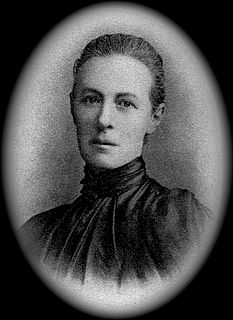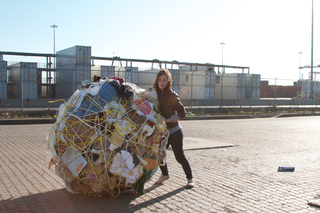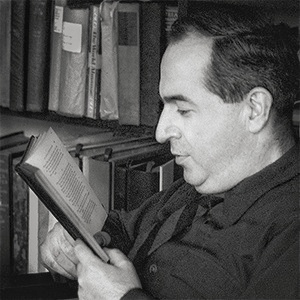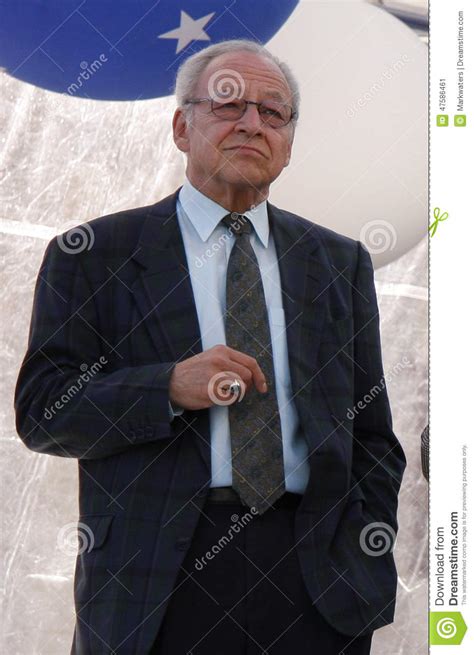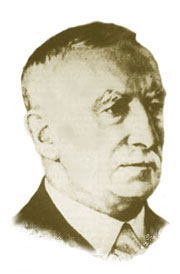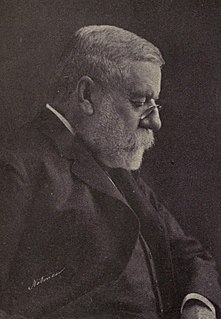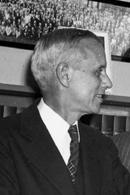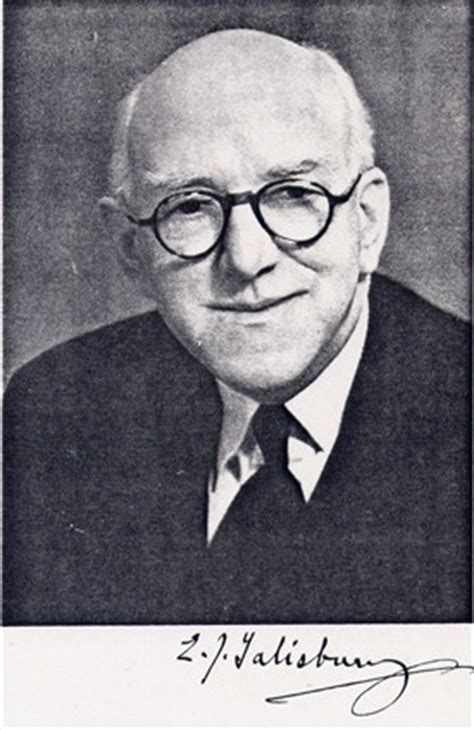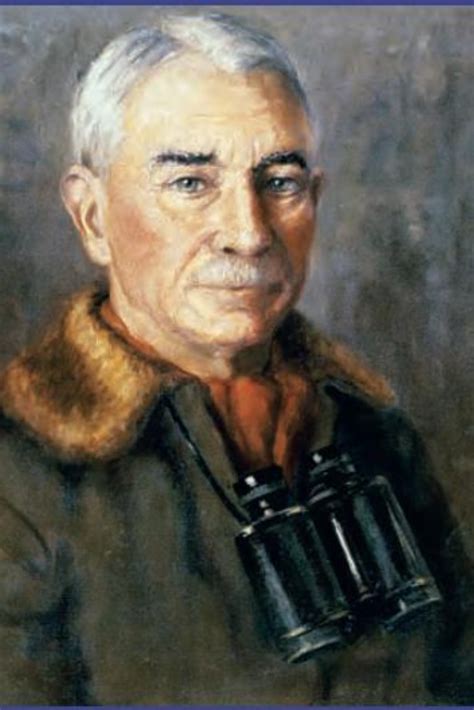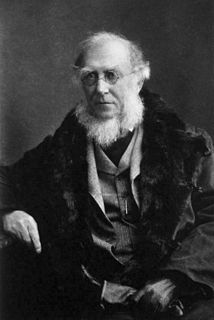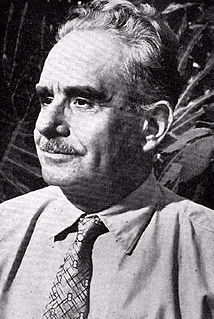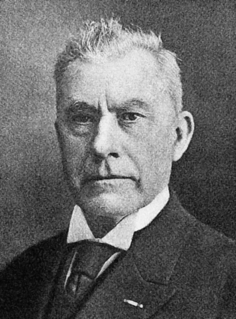A Quote by Carl Linnaeus
The first step in wisdom is to know the things themselves; this notion consists in having a true idea of the objects; objects are distinguished and known by classifying them methodically and giving them appropriate names. Therefore, classification and name-giving will be the foundation of our science.
Related Quotes
I agree that science is the best way of understanding the natural world, and therefore that we have reason to believe what the best science tells us about the objects in that world and the relations between them. But this does not mean that the natural world is the only thing we can have true beliefs about. The status of material objects as things that are "real" is a matter of their having physical properties, such as weight, solidity, and spatio-temporal location. In order to be real, such things need not have, in addition to these properties, some further kind of metaphysical existence.
Take the particular trick of false names. It seems to us particularly odious. We think when we show our contempt for those who use this subterfuge that we are giving them no more than they deserve. It is a meanness which we associate with criminals and vagabonds; a piece of crawling and sneaking...Men whose race is universally known, will unblushingly adopt a false name as a mask, and after a year or two pretend to treat it as an insult if their original and true name be used in its place.
It is clear that everybody interested in science must be interested in world 3 objects. A physical scientist, to start with, may be interested mainly in world 1 objects--say crystals and X-rays. But very soon he must realize how much depends on our interpretation of the facts, that is, on our theories, and so on world 3 objects. Similarly, a historian of science, or a philosopher interested in science must be largely a student of world 3 objects.
To photograph people is to violate them, by seeing them as they never see themselves, by having knowledge of them that they can never have; it turns people into objects that can be symbolically possessed. Just as a camera is a sublimation of the gun, to photograph someone is a subliminal murder - a soft murder, appropriate to a sad, frightened time.
Growing up, all I saw was my parents trying to be the best people they could be, and people coming to them for wisdom, coming to them for guidance, and them not putting themselves on a pedestal, but literally being face-to-face with these people and saying, "I'm no better than you, but the fact that you're coming to me to reach some sort of enlightenment or to shine a light on something, that makes me feel love and gratitude for you." They always give back what people give to them. And sometimes they keep giving and giving and giving.
I earnestly wish to point out in what true dignity and human happiness consists. I wish to persuade women to endeavor to acquire strength, both of mind and body, and to convince them that the soft phrases, susceptibility of heart, delicacy of sentiment, and refinement of taste, are almost synonymous with epithets of weakness, and that those beings are only the objects of pity, and that kind of love which has been termed its sister, will soon become objects of contempt.
For more than 50 years, men and women around the world have reported sights in the sky that are strange to their experience and understanding. Inasmuch as many of these sights appeared to be solid objects having impressive performance, they have become known as Unidentified Flying Objects (UFOs) or, colloquially, flying saucers. Their positive identification is one of the major public scientific challenges of the era, with a significant number of these sights so far defying all reasonable efforts at classification.


